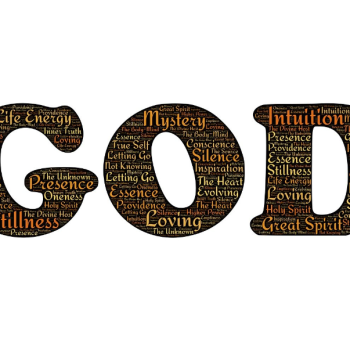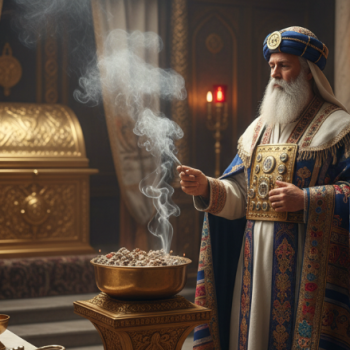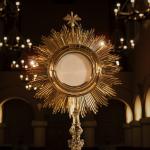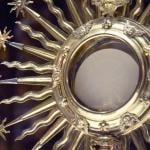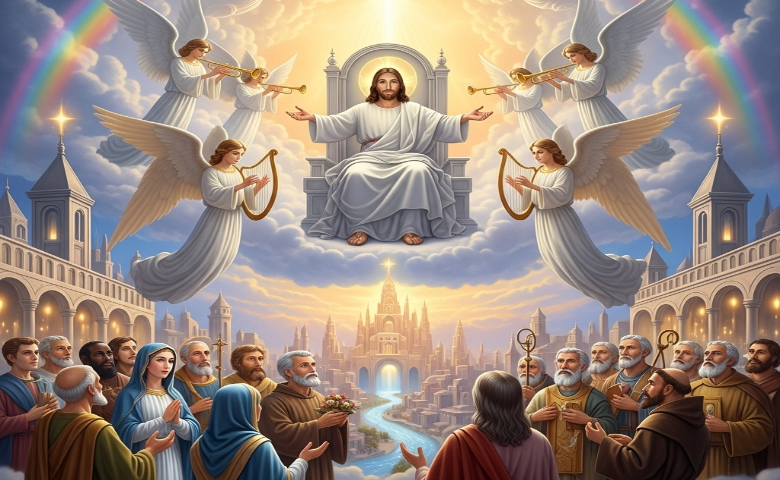
Our time does not look kindly on hierarchies and judgments. The modern mind “feels” that such things are forms of discrimination. There are two problems with such a position.
First, we commit a category error when we mistake emotion and reason. Emotions do not make judgments, or at least do not adequately make judgments, necessary for critical thought.
Second, we automatically and even subconsiously view the term discrimination as wrong or evil. This conclusion is not without merit when the term discrimination is used to make unfair and improper determinations of specific properties, such as race or sex. However, the term discrimination can also be used to connote a recognition and understanding of differences. We can even discriminate between good and evil.
In this paper, I will explore whether God created a hierarchical universe and whether Catholic theology believes that there is equality in heaven.
A Universe That Is Not Equal
Drawing on the long history of philosophy, Catholicism claims that the universe is composed of a hierarchy of being. Following Thomas Aquinas, we can envision the hierarchy of being as a ladder. (Aquinas, Saint Thomas, The Summa Contra Gentiles. Aeterna Press.)
At the apex of the ladder of being is God, a purely spiritual being from which all existence springs. Below God, but still within the spiritual realm, are angels. Like God, angels are pure spirits; unlike God, their existence is contingent.
The ladder of being descends from the purely spiritual realm and enters into the domain of those creatures who are composed of both spirit and matter. At this level of the hierarchy, a two-fold distinction exists between humans and animals.
The next rung of the ladder is plants. While plants have a soul, it is believed that the vegetative soul is composed of matter, and not spirit. The last rung to the ladder of being is minerals and inanimate matter that are foundational for life.
The concept of a hierarchy of being, as well as our own experiences, makes it evident that the universe we inhabit is not structurally equal. As Catholics, we must ask why it is that God has created a universe built on subordinate relationships.
The Necessity Of Hierarchy
From a Catholic perspective, the existence of a hierarchy of being in the universe serves the greater purpose of reflecting God’s governance and goodness more perfectly. God is the first and universal cause of all being, but He uses His created things to execute His plan. These secondary causes are arranged in such a way that the higher-level causes have a more profound impact than the lower-level causes.
As evidence of this, God has created a universe where “higher” things govern the “lower” ones. For example, God created angels as part of the divine plan to govern the cosmos. Similarly, God has given human beings dominion over other animals (Genesis 1:26-28). While it is true that we must speculate as to why God has created such diversity, it does seem that this mosaic of God’s creation reflects the majesty and goodness of God in a way that a homogenous universe would not.
It is logical, therefore, to ask if God has created a diverse and hierarchical universe; is the heavenly realm also so ordered?
Inhabitants Of Heaven
In order to address the question of equality in heaven, we must first ascertain who the inhabitants of heaven are and will be.
It must be admitted that heaven is not a physical place, but rather a state where the blessed enjoy a “perfect life with the Most Holy Trinity — this communion of life and love with the Trinity, with the Virgin Mary, and the angels.” (Catechism of the Catholic Church, Paragraph 1024).
As to the question of who is in heaven, we can begin with the obvious: God, Mary, angels, and the saints. Broadly defined, a saint is anyone God has deemed sufficiently holy to be united eternally with Him. As such, everyone in heaven (God excepted) is a saint. Additionally, Catholicism asserts that those in purgatory will eventually obtain entrance into heaven. These are souls who have died in God’s grace but require purification before joining the heavenly community.
Among those who are deemed saints, is there an order of glory or greatness, or are all considered equal?
Is There Equality In Heaven?
The answer, it seems, is that there is indeed a hierarchy of status among saints. Several reasons support this conclusion.
Where the hierarchy of being manifests God’s goodness, the order in heaven is predicated on the relationship between grace and nature. Catholic theology asserts that grace perfects human nature, without destroying it. Now, human nature incorporates free will, and the degree to which one’s nature is perfected by grace is influenced by the extent to which one freely cooperates with that grace. How well one has utilized their gifts and talents influences their position in heaven.
Important too is the diversity of individual capacities. This point is best made by the parable of talents.
The parable (Matthew 25:14-30) tells of a man about to go on a journey. He entrusts his servants with differing amounts of wealth. Some of the servants were industrious and built on what was given them, while others “buried their talents.” When the master returned, he rewarded those who made good use of their talents and punished those who did not.
The parable should not be restricted to the concept of wealth, but rather to the spiritual gifts each has been given. Ultimately, “Much will be required of the person entrusted with much, and still more will be demanded of the person entrusted with more.” (Luke 12:48).
We should not make the mistake that the status hierarchy of this world is perfectly analogous to that in the spiritual world, however. In fact, the teachings of Christ suggest that it is precisely the opposite.
Conclusion
The concept of equality is highly valued in our time, and indeed, there is much to recommend it. However, the universe that we inhabit and the heavenly home we seek to obtain are ordered and hierarchical.
Still, the ultimate criterion within the heavenly hierarchy is love. Jesus tells us that “If anyone wishes to be first, he shall be the last of all and the servant of all.” (Mark 9:35. See also Mark 10:43). Or, as Saint John of the Cross put it, “In the evening of life, we will be judged on love alone.”
To be Catholic is, after all, to follow Christ who came not to be served, but to serve others. (Matthew 20:28).




